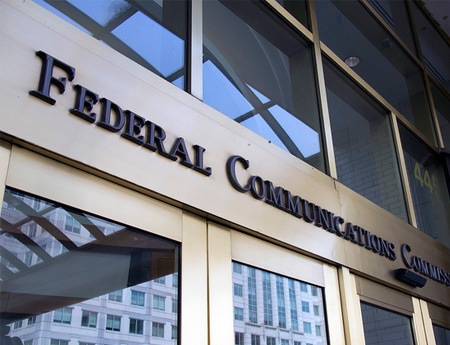FCC Proposes Voluntary Set-Top Privacy Quid Pro Quo

The smarter way to stay on top of broadcasting and cable industry. Sign up below
You are now subscribed
Your newsletter sign-up was successful
FCC chairman Tom Wheeler is proposing to require third parties to agree to voluntarily adhere to existing privacy regulations to get access to set-top data, according to an FCC official familiar with the plan.
In an interview in The Washington Post last week, Wheeler talked up his set-top box proposal, sounding as though the FCC might be trying to apply consumer protection regulations to technology companies and app developers, but an FCC official said the proposal takes a different approach to privacy.
The official told B&C that the Notice of Proposed Rulemaking on “Expanding Consumers’ Video Navigation Choices,” as the agenda for the planned Feb. 18 vote billed it, did not propose new privacy regs but did propose making voluntary adherence to cable-like data protections a quid pro quo for getting access to set-top data.
In TheWashington Post interview, Wheeler said that “the cable companies are collecting information on you today, and they have a set of rules they have to live by [Title VI CPNI regs],” adding that for new entrants in the video access space—which could be a box or an app, a dongle or something on the drawing board—“you have to have the same kind of rules that cable companies have."
That had some cable operators wondering whether that meant the FCC was going to try to apply new regs to the edge and tech companies.
Senior officials had told Multichannel News last week that MVPDs do have different obligations under the Cable Act than device manufacturers and that “Title VI applies to MVPDs only.”
FCC press secretary Kim Hart, said: “The Chairman’s proposal to create more competition in the set-top box market seeks to ensure that the privacy protections that exist today will also apply when alternative navigation devices and apps are used, and seeks comment on how baseline privacy protections should continue to apply to third-party hardware and software,” pointing out, as officials had previously to Multichannel News, that "device manufacturers and software developers already must comply with applicable state and federal laws regarding consumer privacy and information security.”
The smarter way to stay on top of broadcasting and cable industry. Sign up below
The senior official speaking on background provided more insight into the proposal, explaining that rather than proposing to extend Title VI to device manufacturers or app developers, the proposal tentatively concludes that third party hardware and software solutions self-certify that they are in compliance with similar privacy obligations in order to get access to MVPD set-top data and EU privacy regs.
Contributing editor John Eggerton has been an editor and/or writer on media regulation, legislation and policy for over four decades, including covering the FCC, FTC, Congress, the major media trade associations, and the federal courts. In addition to Multichannel News and Broadcasting + Cable, his work has appeared in Radio World, TV Technology, TV Fax, This Week in Consumer Electronics, Variety and the Encyclopedia Britannica.

